Home>Maintenance & Safety>Child & Elderly Safety at Home>What Is The Height And Weight Requirement For A Booster Seat In Tennessee?
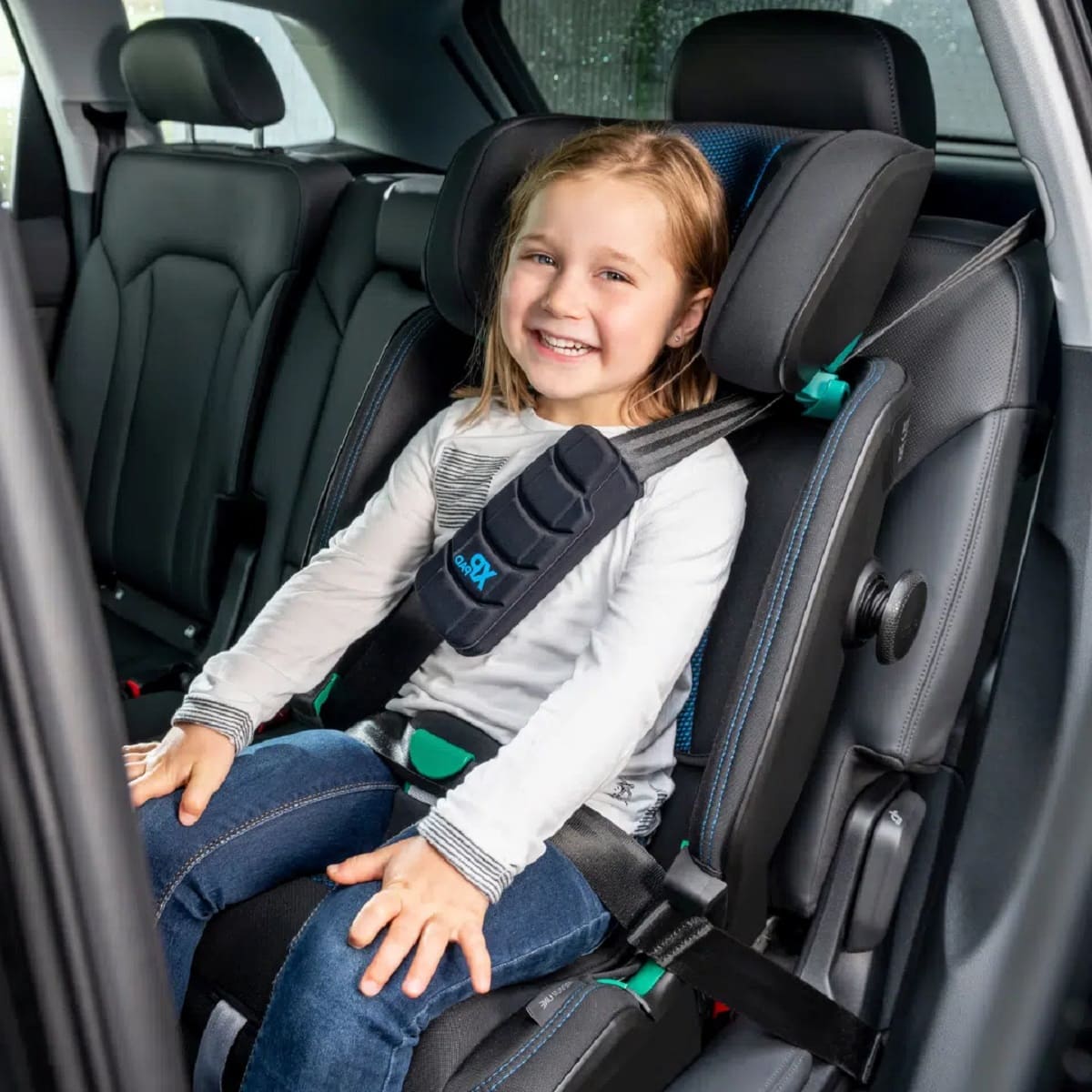

Child & Elderly Safety at Home
What Is The Height And Weight Requirement For A Booster Seat In Tennessee?
Modified: February 29, 2024
In Tennessee, learn the height and weight requirements for booster seats to ensure child and elderly safety at home. Stay informed and compliant with state regulations.
(Many of the links in this article redirect to a specific reviewed product. Your purchase of these products through affiliate links helps to generate commission for Storables.com, at no extra cost. Learn more)
Introduction
Ensuring the safety of our children is a top priority for parents and caregivers. When it comes to traveling in a vehicle, it's crucial to adhere to the laws and guidelines set forth to protect our little ones. In Tennessee, specific regulations govern the use of booster seats for children, with requirements regarding height and weight carefully outlined to provide optimal protection during car rides.
Understanding the height and weight requirements for booster seats in Tennessee is essential for parents and caregivers to guarantee the safety of their children while traveling in vehicles. By familiarizing ourselves with these regulations, we can take proactive measures to ensure that our children are adequately protected in the event of a car accident or sudden braking.
In the following sections, we will delve into the specific booster seat laws in Tennessee, explore the height and weight requirements for booster seats, discuss any exceptions to these requirements, and provide guidance on selecting the right booster seat for your child. By the end of this article, you will have a comprehensive understanding of the regulations surrounding booster seats in Tennessee and be equipped with the knowledge to prioritize your child's safety on the road.
Key Takeaways:
- Tennessee requires children under 8 and under 4’9″ or 80 pounds to use a booster seat in vehicles for their safety. It’s important to follow these rules to keep kids protected during car rides.
- When choosing a booster seat, consider your child’s height, weight, safety features, comfort, and compliance with safety standards. Prioritize their safety and seek professional guidance if needed.
Tennessee Booster Seat Laws
In Tennessee, the laws regarding booster seat usage are designed to ensure the safety of children while traveling in motor vehicles. These regulations are in place to reduce the risk of injury and provide adequate protection for young passengers in the event of a collision or sudden stop.
According to Tennessee law, children who are under the age of 8 and measure less than 4 feet 9 inches in height are required to be secured in a booster seat while riding in a motor vehicle. This requirement is based on the understanding that children of this age and size may not be adequately protected by standard vehicle seat belts alone.
The booster seat laws in Tennessee are aimed at addressing the specific safety needs of children who have outgrown traditional car seats but are not yet large enough to use adult seat belts effectively. By utilizing booster seats, children can be positioned correctly to ensure that the vehicle's seat belt fits them properly, reducing the risk of injury in the event of a crash.
It's important for parents and caregivers to be aware of these laws and to comply with the requirements for booster seat usage. Failure to adhere to these regulations not only puts children at risk but can also result in legal consequences for the driver of the vehicle.
By understanding and following Tennessee's booster seat laws, caregivers can take proactive measures to prioritize the safety and well-being of their young passengers. Additionally, staying informed about these regulations empowers adults to make informed decisions when it comes to transporting children in motor vehicles, ultimately contributing to a safer and more secure environment for young passengers on the road.
Height Requirement for a Booster Seat in Tennessee
In Tennessee, the height requirement for a booster seat is a crucial factor in ensuring the safety of young passengers while traveling in motor vehicles. Children who have outgrown traditional car seats but are not yet tall enough to use adult seat belts effectively must be secured in a booster seat to provide them with the necessary protection.
The specific height requirement outlined by Tennessee law mandates that children under the age of 8 and measuring less than 4 feet 9 inches in height must use a booster seat when riding in a vehicle. This requirement is based on the understanding that children of this age and size may not be adequately protected by standard vehicle seat belts alone.
By utilizing booster seats, children can be positioned correctly to ensure that the vehicle's seat belt fits them properly. This proper positioning is essential for reducing the risk of injury in the event of a collision or sudden stop. Without a booster seat, young passengers who do not meet the height requirement may be at an increased risk of sustaining injuries due to the improper fit of the vehicle's seat belt.
It's important for parents and caregivers to be mindful of the height requirement for booster seats in Tennessee and to ensure that children who fall within the specified age and height range are secured in a booster seat whenever they are passengers in a motor vehicle. By doing so, caregivers can take proactive measures to prioritize the safety and well-being of their young passengers, providing them with the necessary protection during car rides.
Understanding and adhering to the height requirement for booster seats in Tennessee is essential for promoting a safe and secure environment for children while traveling in vehicles. By complying with this regulation, caregivers can contribute to reducing the risk of injury and providing young passengers with the protection they need to stay safe on the road.
Weight Requirement for a Booster Seat in Tennessee
In Tennessee, the weight requirement for a booster seat is a critical consideration when it comes to ensuring the safety of young passengers during car journeys. Children who have outgrown traditional car seats but have not yet reached the weight threshold for using adult seat belts effectively must be secured in a booster seat to provide them with the necessary protection.
The specific weight requirement outlined by Tennessee law stipulates that children under the age of 8 and weighing less than 80 pounds must use a booster seat when traveling in a vehicle. This requirement is based on the understanding that children of this age and weight may not be adequately protected by standard vehicle seat belts alone.
By utilizing booster seats, children can be positioned correctly to ensure that the vehicle's seat belt fits them properly. Proper positioning is crucial for reducing the risk of injury in the event of a collision or sudden stop. Without a booster seat, young passengers who do not meet the weight requirement may be at an increased risk of sustaining injuries due to the improper fit of the vehicle's seat belt.
It's essential for parents and caregivers to be mindful of the weight requirement for booster seats in Tennessee and to ensure that children who fall within the specified age and weight range are secured in a booster seat whenever they are passengers in a motor vehicle. By doing so, caregivers can take proactive measures to prioritize the safety and well-being of their young passengers, providing them with the necessary protection during car rides.
Understanding and adhering to the weight requirement for booster seats in Tennessee is crucial for promoting a safe and secure environment for children while traveling in vehicles. By complying with this regulation, caregivers can contribute to reducing the risk of injury and providing young passengers with the protection they need to stay safe on the road.
Exceptions to the Height and Weight Requirement
While Tennessee's booster seat laws establish clear height and weight requirements for children under the age of 8, there are certain exceptions to these regulations that cater to specific circumstances and medical considerations. These exceptions are designed to address the unique needs of children who may not fit within the standard height and weight parameters but still require appropriate protection while traveling in motor vehicles.
One notable exception to the height and weight requirement for booster seats in Tennessee pertains to children with medical conditions or physical characteristics that necessitate alternative safety measures. In cases where a child's medical condition or physical attributes make it impractical or unsafe to adhere strictly to the height and weight guidelines, caregivers may need to explore specialized seating options or modifications to ensure the child's safety and well-being during car rides.
Additionally, children with disabilities or special needs may require accommodations that deviate from the standard height and weight requirements for booster seats. Caregivers of children with unique physical or developmental considerations should consult with healthcare professionals and specialists to determine the most suitable and safe seating arrangements for their young passengers.
Furthermore, Tennessee's booster seat laws acknowledge that certain vehicles may not be equipped to accommodate traditional booster seats due to their design or seating configurations. In such cases, caregivers are encouraged to explore alternative seating arrangements or safety devices that provide adequate protection for children who do not meet the standard height and weight criteria for booster seats.
It's important for caregivers to approach these exceptions with careful consideration for the safety and well-being of the children in their care. Seeking guidance from healthcare professionals, child passenger safety technicians, and other experts can help caregivers navigate the complexities of accommodating children who fall outside the typical height and weight parameters for booster seat usage.
By recognizing and addressing these exceptions, caregivers can ensure that all children, regardless of their unique circumstances, receive the necessary protection and support while traveling in motor vehicles. These exceptions underscore the importance of individualized approaches to child safety, emphasizing the need to prioritize the well-being of every young passenger on the road.
Choosing the Right Booster Seat for Your Child
Selecting the right booster seat for your child is a crucial step in ensuring their safety and well-being during car rides. With a wide array of options available in the market, it's essential to consider several factors to make an informed decision that aligns with your child's specific needs and provides optimal protection.
Consider Your Child's Height and Weight
When choosing a booster seat, it's vital to consider your child's height and weight to ensure a proper fit. Different booster seats are designed to accommodate varying height and weight ranges, so selecting one that aligns with your child's measurements is essential for their safety. Ensure that the booster seat provides a secure and comfortable fit, allowing the vehicle's seat belt to rest appropriately across your child's chest and lap.
Evaluate Safety Features
Look for booster seats that prioritize safety features, such as side-impact protection, energy-absorbing foam, and adjustable harness systems. These features can enhance the seat's ability to mitigate the impact of a collision and provide additional support for your child. Additionally, opt for booster seats with robust and secure installation mechanisms to ensure stability and minimize the risk of displacement during travel.
Assess Comfort and Convenience
Prioritize your child's comfort by selecting a booster seat with adequate padding, breathable fabrics, and ergonomic design. Comfortable seating can contribute to a more enjoyable travel experience for your child, reducing restlessness and enhancing overall safety. Furthermore, consider the ease of use and portability of the booster seat, especially if you frequently switch vehicles or require flexibility in installation.
Read more: What Are The Requirements For A Booster Seat
Verify Compliance with Safety Standards
When choosing a booster seat, verify that it meets the safety standards and regulations set forth by authorities. Look for seats that have been tested for compliance with rigorous safety requirements, as indicated by certification labels and manufacturer assurances. Adhering to safety standards ensures that the booster seat provides the necessary protection and performance expected in the event of a car accident or sudden braking.
Seek Professional Guidance
If you have specific concerns or uncertainties regarding the selection of a booster seat for your child, consider seeking guidance from certified child passenger safety technicians or healthcare professionals. These experts can offer personalized recommendations based on your child's unique needs and circumstances, ensuring that you make an informed decision that prioritizes their safety.
By carefully considering these factors and prioritizing your child's safety, you can confidently select the right booster seat that provides the necessary protection and comfort for your young passenger. Investing in a high-quality booster seat tailored to your child's requirements contributes to a secure and enjoyable travel experience, offering peace of mind for you as a caregiver.
Children in Tennessee are required to use a booster seat until they are 4’9″ tall and weigh between 40-80 pounds. It’s important to check the specific guidelines for your child’s age and size to ensure they are safe in the car.
Conclusion
Prioritizing the safety of children during car journeys is a responsibility that demands careful attention and adherence to established regulations. In Tennessee, the booster seat laws serve as a crucial framework for safeguarding young passengers, outlining specific height and weight requirements to ensure optimal protection. By understanding and complying with these regulations, caregivers can take proactive measures to create a secure environment for children while traveling in motor vehicles.
The height and weight requirements for booster seats in Tennessee are designed to address the unique safety needs of children who have outgrown traditional car seats but are not yet ready for adult seat belts. These requirements, which mandate the use of booster seats for children under the age of 8 and measuring less than 4 feet 9 inches in height or weighing less than 80 pounds, underscore the importance of proper positioning and restraint to mitigate the risk of injury in the event of a car accident or sudden stop.
Furthermore, while these requirements provide clear guidelines, it's essential to recognize the exceptions that cater to children with medical conditions, disabilities, or specific vehicle constraints. These exceptions emphasize the need for individualized approaches to child safety, highlighting the importance of accommodating the unique circumstances of each young passenger to ensure their well-being on the road.
Selecting the right booster seat for a child involves careful consideration of factors such as height, weight, safety features, comfort, and compliance with safety standards. By prioritizing these considerations, caregivers can make informed decisions that align with their child's specific needs, providing them with the necessary protection and support during car rides.
In conclusion, the height and weight requirements for booster seats in Tennessee, along with the considerations for exceptions and the selection of appropriate seats, collectively contribute to a comprehensive approach to child safety in motor vehicles. By staying informed and proactive, caregivers can play a pivotal role in creating a safe and secure environment for children, ultimately fostering a culture of prioritizing the well-being of young passengers on the road.
Frequently Asked Questions about What Is The Height And Weight Requirement For A Booster Seat In Tennessee?
Was this page helpful?
At Storables.com, we guarantee accurate and reliable information. Our content, validated by Expert Board Contributors, is crafted following stringent Editorial Policies. We're committed to providing you with well-researched, expert-backed insights for all your informational needs.



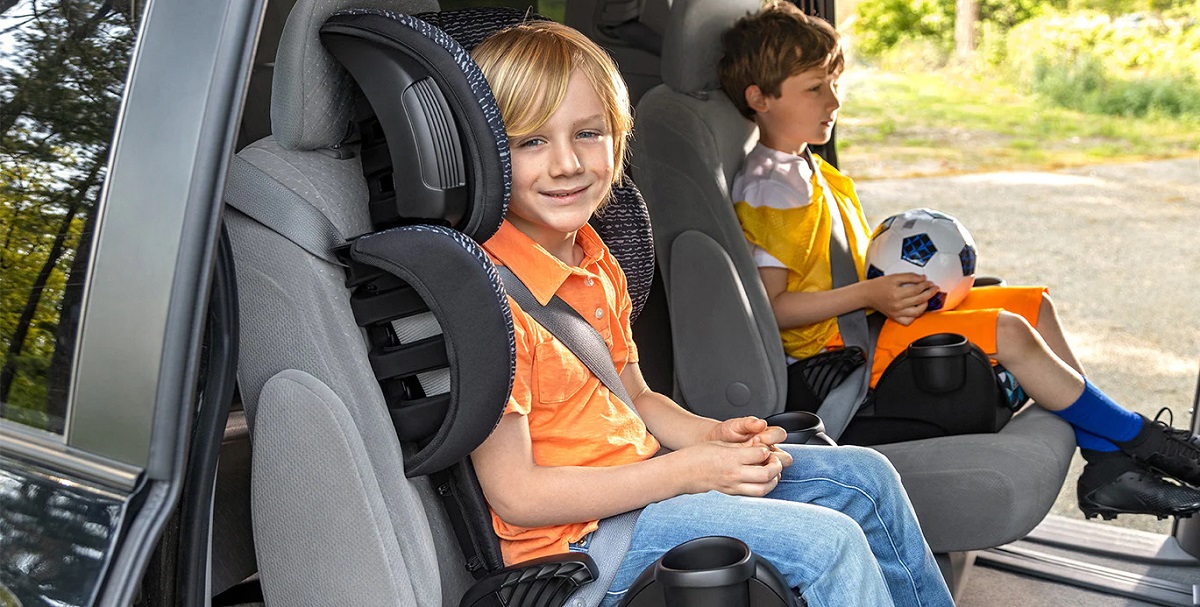


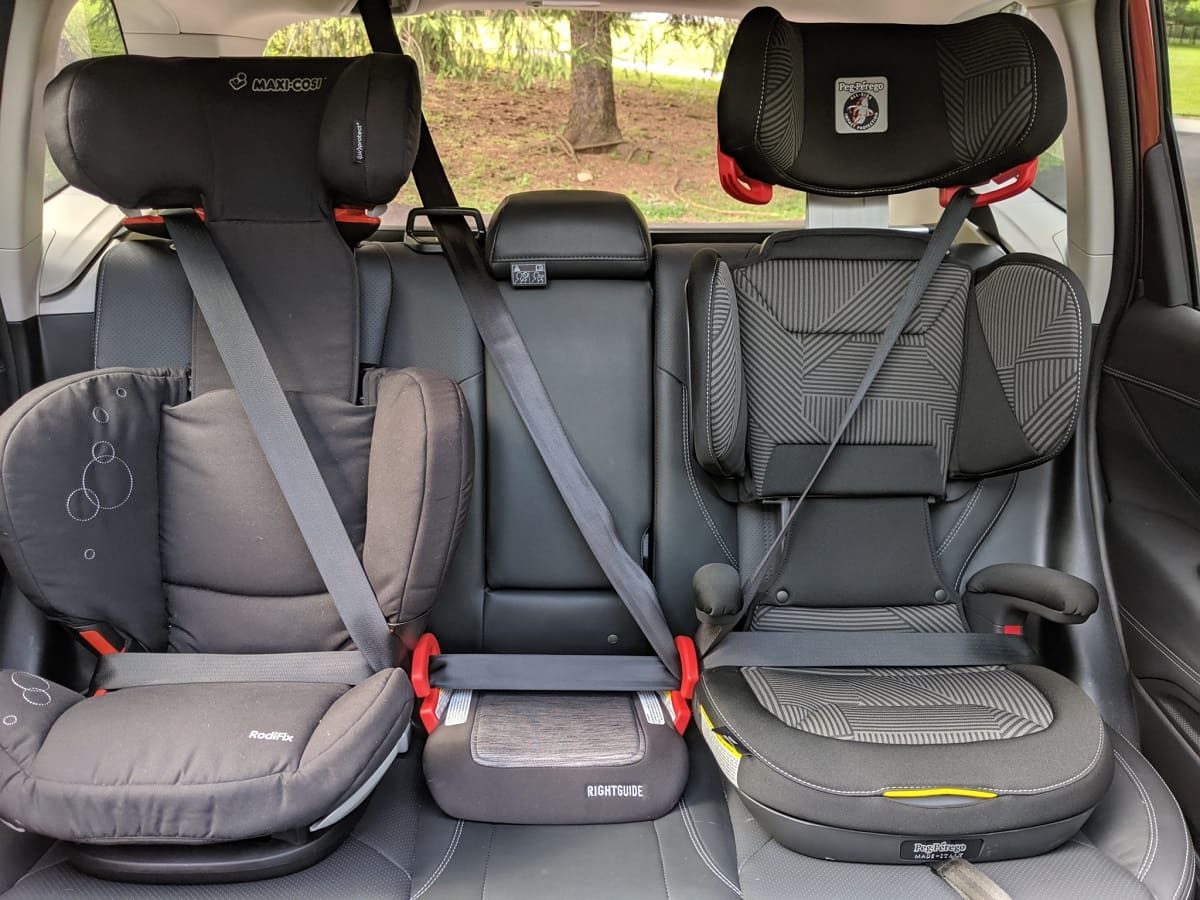
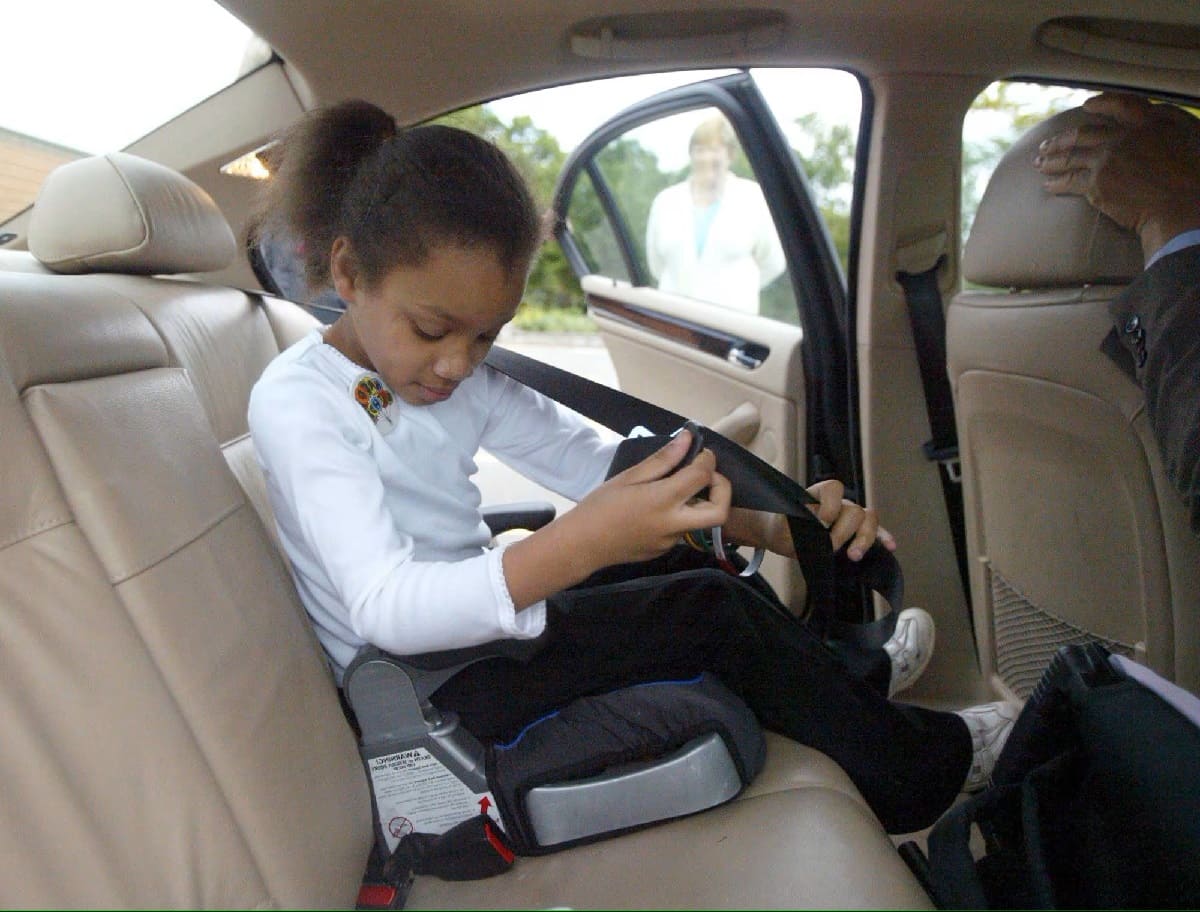
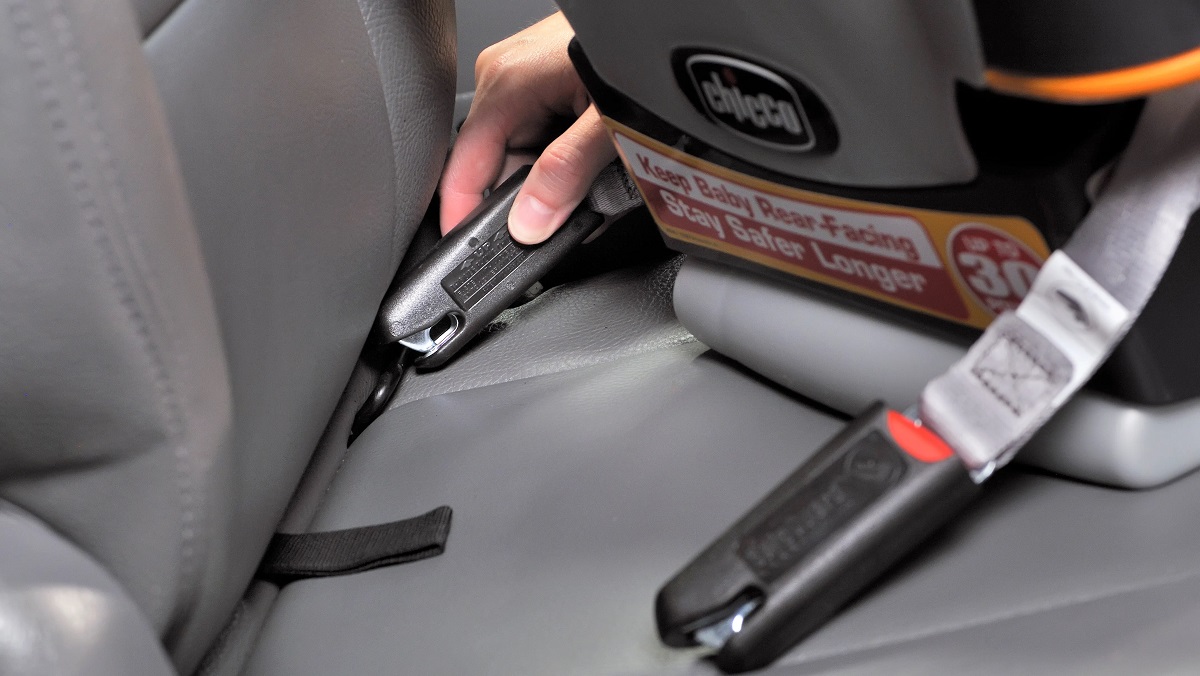
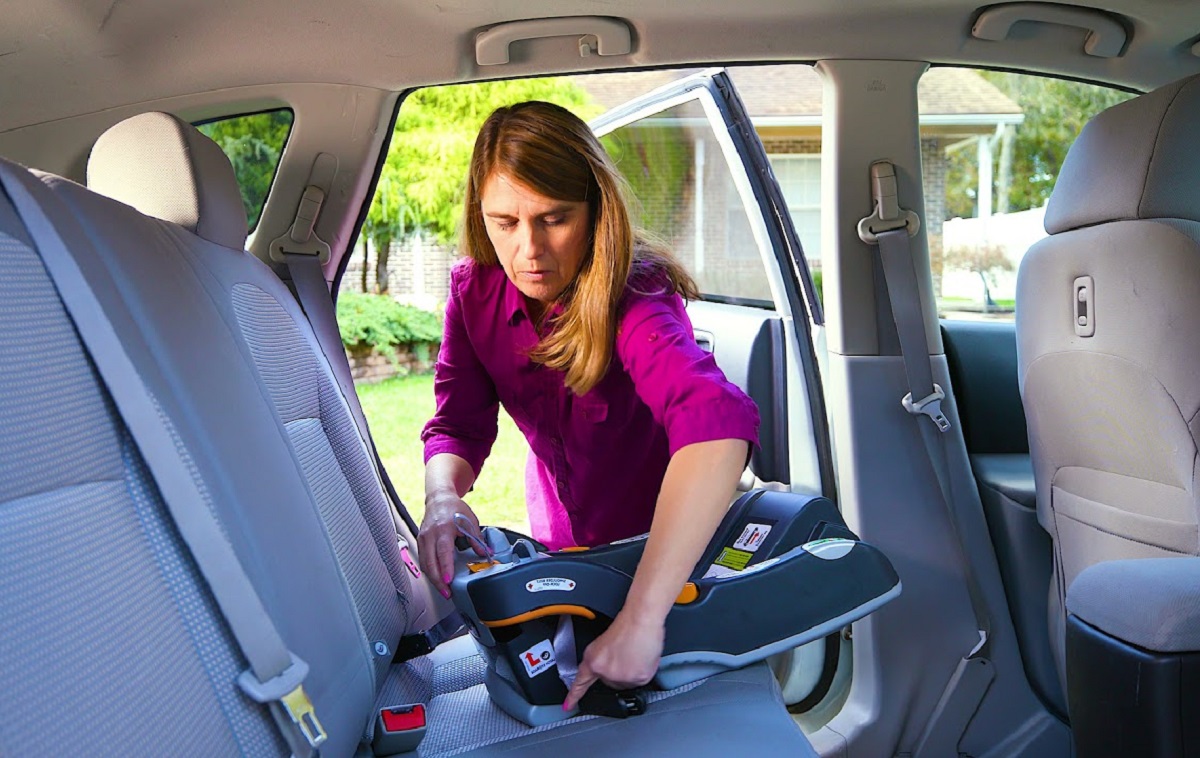

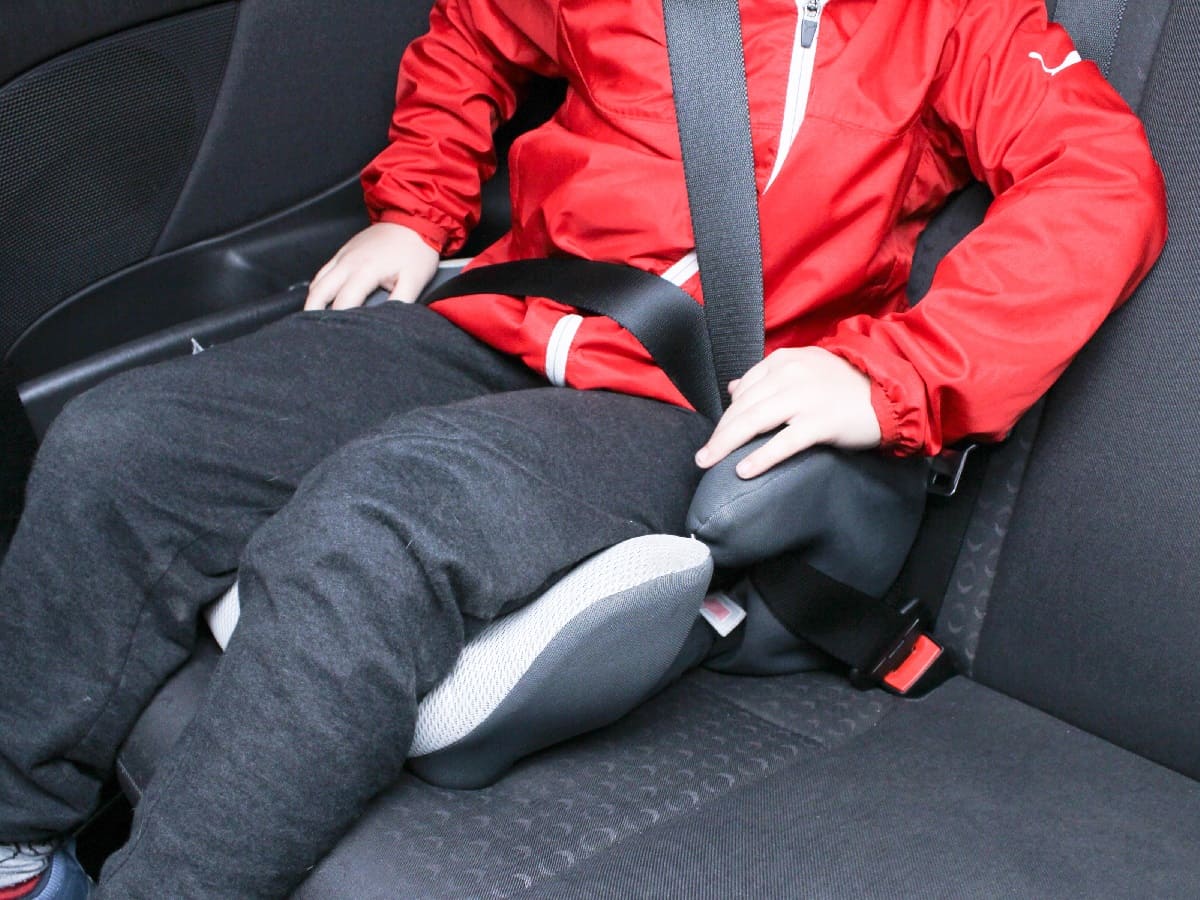


0 thoughts on “What Is The Height And Weight Requirement For A Booster Seat In Tennessee?”